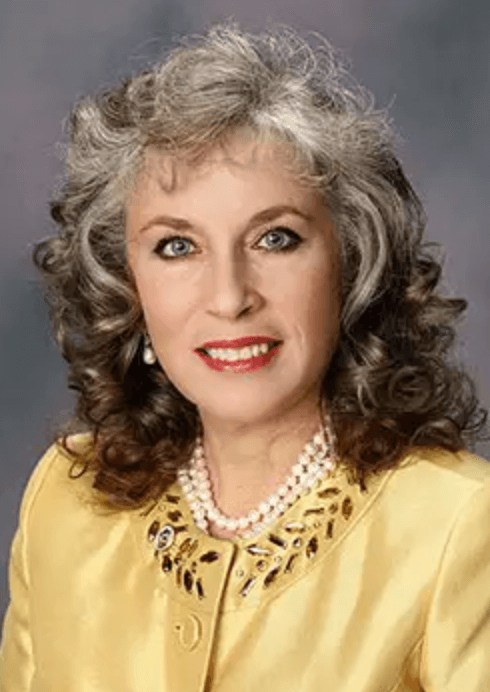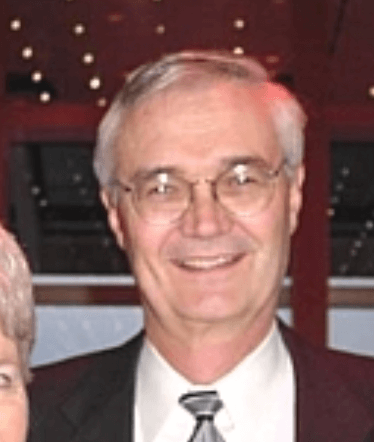Shooters Grill logo up for auction by group trying to oust Boebert
May 6, 2021
No Comments
A Colorado-based organization working to oust CD-3 House Rep. Lauren Boebert from Congress, Rural Colorado United (RCU), has managed to purchase the trademark for Shooters Grill ...
Read More →
Colorado Mesa University Trustees anoint John Marshall as next President
April 30, 2021
5 Comments
Colorado Mesa University’s Board of Trustees today appointed John Marshall as the next president of CMU. Marshall, who formerly worked as a Republican political operative, ...
Read More →
Concerns arise over CMU Presidential candidate Mirta Martin
April 28, 2021
10 Comments
Some faculty members at Colorado Mesa University (CMU) are raising red flags about CMU presidential candidate Dr. Mirta Martin. The concerns stem in part from ...
Read More →
A history of Republican cronyism at Colorado Mesa University
April 23, 2021
63 Comments
Colorado Mesa University (CMU) President Tim Foster has long used CMU to create high-paying jobs for Republican friends who either lost elections, were term-limited out ...
Read More →
Locals alarmed that CMU VP John Marshall is on the short list for new University president
April 15, 2021
7 Comments
Colorado Mesa University (CMU) announced today that CMU Vice President John Marshall is one of three candidates under final consideration to be the university’s new ...
Read More →
Did Mesa County Commissioner Janet Rowland water down the County Attorney job description to allow her to hire her pal Rose?
April 13, 2021
No Comments
Former Mesa County Commissioner Rose Pugliese was licensed to practice law in 2007. That’s 13 years ago, and she spent 8 of of those years ...
Read More →






